Contents
One recurring theme when it comes to personal finance blogs is the importance of investing.
We’re told to control our spending, and to put any available money into the stock market, cryptocurrency or real estate.
But what if you don’t have any money to invest despite your best efforts? Are you doomed to a shaky financial future?
Let me illustrate the answer to this question with a quick story. Some years ago, when I moved from working in retail to marketing, my line manager landed a job elsewhere. I was told that I was the “obvious person” to fill his shoes, and along with the promotion came a juicy pay raise. I didn’t invest any money, but I still managed to increase my income.
The point is that while we should all aim to invest money for the future, there are other ways to invest when you don’t have any cash available.
Here are some of my favorite options…
Invest in Personal Relationships
One of the reasons that I was the “obvious choice” to replace my boss was apparently that I had built strong relationships at all levels of the company. I was liked and respected, so the management thought that I should be able to drive real change in the organisation.
Now let me contrast this against the first job I ever had, as a teacher. As any teacher will agree, there simply aren’t enough hours in the day, especially when you’re new to the job. I was working from 7am to 7pm five days a week, then generally working at least one day a weekend too. And while I was making progress, it took everything I had to keep my head above water.
A frustration of mine was that I shared an office with a handful of other teachers. The funny thing was that they spent more time sitting around gossiping than they did actually working.
Fast forward a few months to annual appraisal time. I was understandably quite confident about a positive review, bearing in mind all the time and effort I was investing. Imagine my surprise, therefore, when my appraisal essentially turned into a 30 minute tirade about my lack of people skills.
Apparently the fact that I was focused on my work – rather than on sitting around gossiping – was a major issue for the college. The other teachers thought that I was “cold” and I hadn’t built up much respect in their eyes.
Was this a cultural problem? In my eyes – yes. Why would you slate the one person actually doing the job they’re paid to do? But putting this aside for a moment, the lesson I learned that day was that personal relationships are crucial in the workplace.
Time and again since then I’ve found that we’re often judged just as much on how much people like us as how good we are at our job. The popular but lazy person can get far better reviews and bigger pay raises than the person who never talks but instead beavers away for years on end hitting every target they’re given.
So don’t ignore the concept of “social capital”. If you don’t have any money to invest, you can still invest – but in personal relationships. Be the person who takes the time to chat to people, at all levels. From the cleaner to the book-keeper, from the managing director to the HR manager (especially the HR manager!) consciously invest in culturing these relationships.
Not only can this philosophy make life more interesting and colorful, but it can also pay you back many times over in the future.
Invest in Behavioural Change
My boss told me some months ago that he’d like to buy a house, but that he couldn’t afford the deposit. I found this odd, as I too want to buy a house, but I’m saving a decent chunk of money each month. It’s even stranger when you consider that he probably earns quite a bit more than me. What gives?
As it turns out, he maintains a load of expensive hobbies which he sees as crucial to his happiness. All his money therefore “disappears” on these hobbies, letting him think that he can’t afford to save for the future.
I get it – I used to be that person. I’ve written before about the tough time I had paying off my debt some years ago. But pay it off I did. One of the funny things I found on the journey to a debt free life was that paying off debt became easier and easier over time. Part of that was discipline. Part of it was finding ever more creative ways to save money, increasing the sum available for debt repayment.
In brief, it became easier because I changed my behaviour and got better as I practiced.
There are a host of ways that our behaviour can affect our lives; both financially and in other ways. Some examples include:
- What you see as frugal or “normal” spending
- How long you wait before spending money
- How much you drink or smoke
- How often you eat out or take vacations
- Whether you buy for convenience or value
- Whether you take proper care of your home and car
All of these things can impact your lifestyle – and your financial future.
So another investment you can make when you don’t have any money is to consider your behaviour. Try auditing your spending to see where you’re wasting money, then make the changes you deem necessary. Eat out less. Cancel cable TV. Stop lusting after that new car.
Remember that personal finance is really only 10% about the money you earn. The other 90%is about psychology, and how this affects what you do with your money.
Change your behaviour and change your financial future.
Invest in Your Education
Who is going to get that next promotion at work? Answer: the person with the skills most closely aligned to the position.
Who quits their job to work as a freelance programmer? Answer: the person who learned Java or Python.
Who travels the world while blogging? You guessed it – the person who invested time into learning how build a successful blog.
All these simple examples have one common theme – learning new skills (or improving on existing skills).
If you want to increase your income in the future, and so enjoy all the financial security this brings, then another way to invest with no money is to keep learning.
Education doesn’t have to involve huge student loans, and years spent at college. These days, there are more opportunities than ever before to keep improving your skills.
For one thing you can learn on the job; volunteer to help your line manager or another department out with something you’re not knowledgeable on. Sure, it’ll be tough at first, but if you stick with it long enough the pieces will start to fall into place.
At the time of writing a TV commercial I’ve been project managing is about to go live on air. Want to know how much I knew about TV advertising six months ago? Nothing. But the opportunity came up, and I ran with it. Now I have another skill on my resume.
Another option is to learn online. I’m a huge fan of Udemy, and I’m currently doing some online programming courses. People land new jobs and pay raises all the time as their skillset increases. If you opt for the Udemy option, be aware that they regularly have sales on. So don’t buy courses at full price; instead wait until that same course is temporarily priced at just $20 or so.
Even reading blogs (free) or books (free from the library, or very cheap with Kindle Unlimited) can help to increase your knowledge and skills.
Your goal should be to invest time and energy each month to continually increase your knowledge and skills. As a result, your earning potential will increase over time, whether that is through formal employment or growing your own business.
Invest in Health & Wellbeing
Perhaps I’m lucky to live in the UK, with our mainly free National Health Service. I know readers in the US aren’t as fortunate. But even here you can spend a reasonable amount of money on your health if you’re not careful; dental work, gym memberships, health supplements and more.
An old Chinese proverb says that the best time to plant a tree was twenty years ago. The second best time is today. So it is with your health. It’s a lot easier to make changes today than in the future.
If you’re guzzling down several liters of soda each day then don’t wait till you develop diabetes before you look at your diet.
If you’re at the point of buying some bigger clothes then this is the time to start walking to work and eating more salads.
Again, this doesn’t necessarily need to cost you any more money than you spend right now. Going for a nice walk in the countryside is free. So is playing soccer with your kids. So is choosing the low calorie option at the sandwich van.
Invest in Your Home & Garden
Renovating your house is an expensive proposition but there are lots of cheap or free ways to invest in your home or garden.
Simple activities like taking care of your belongings can prevent you having to replace them so soon. Tidying up your garden can make your home more valuable to potential buyers in the future.
From my own perspective one of the best non-monetary investments I have made is learning how to grow my own fruits and vegetables. Not only does vegetable gardening give me a huge amount of satisfaction, but it also saves me a whole load of money too. And it only takes me a few hours each weekend to maintain my plot. That’s what I can quite a return.
Conclusion – Investment Doesn’t Have to Require Money
In conclusion, even if you’re struggling to pay even your basic bills right now you can still invest, using your time instead of your money.
Invest this precious resource properly and you’ll stand every chance of improving your lifestyle and financial situation in the future. So take the opportunity today to consider what you can start doing differently, so you reap the “interest” in the the years to come.


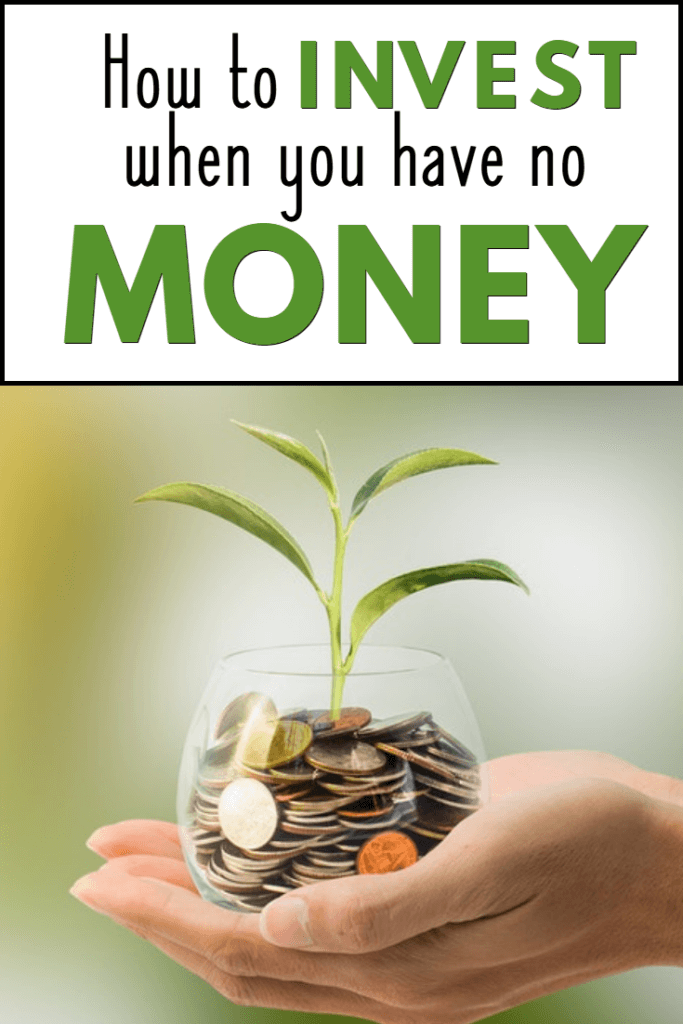

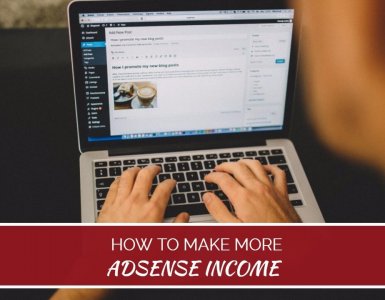

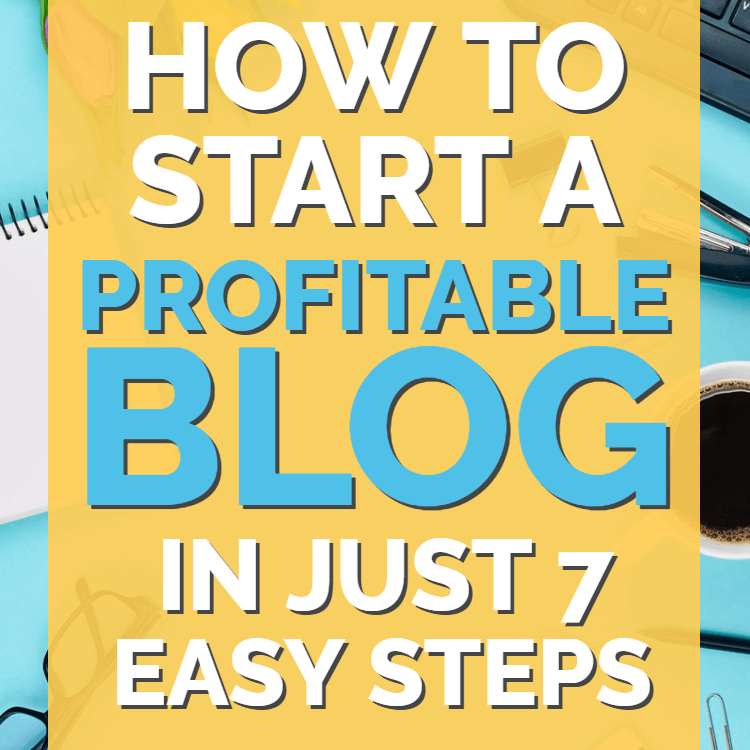


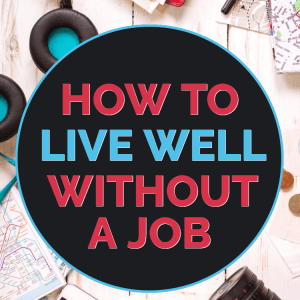
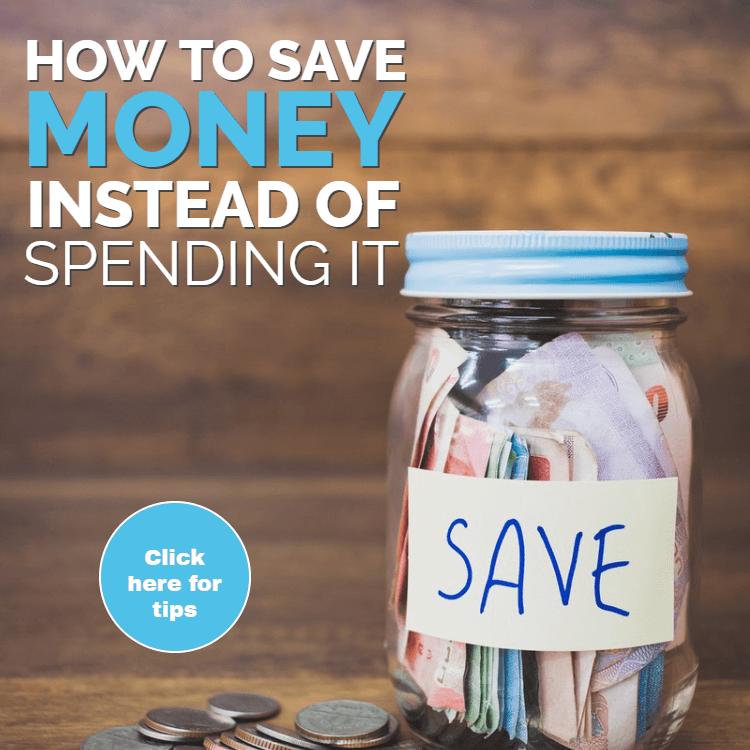
Add comment